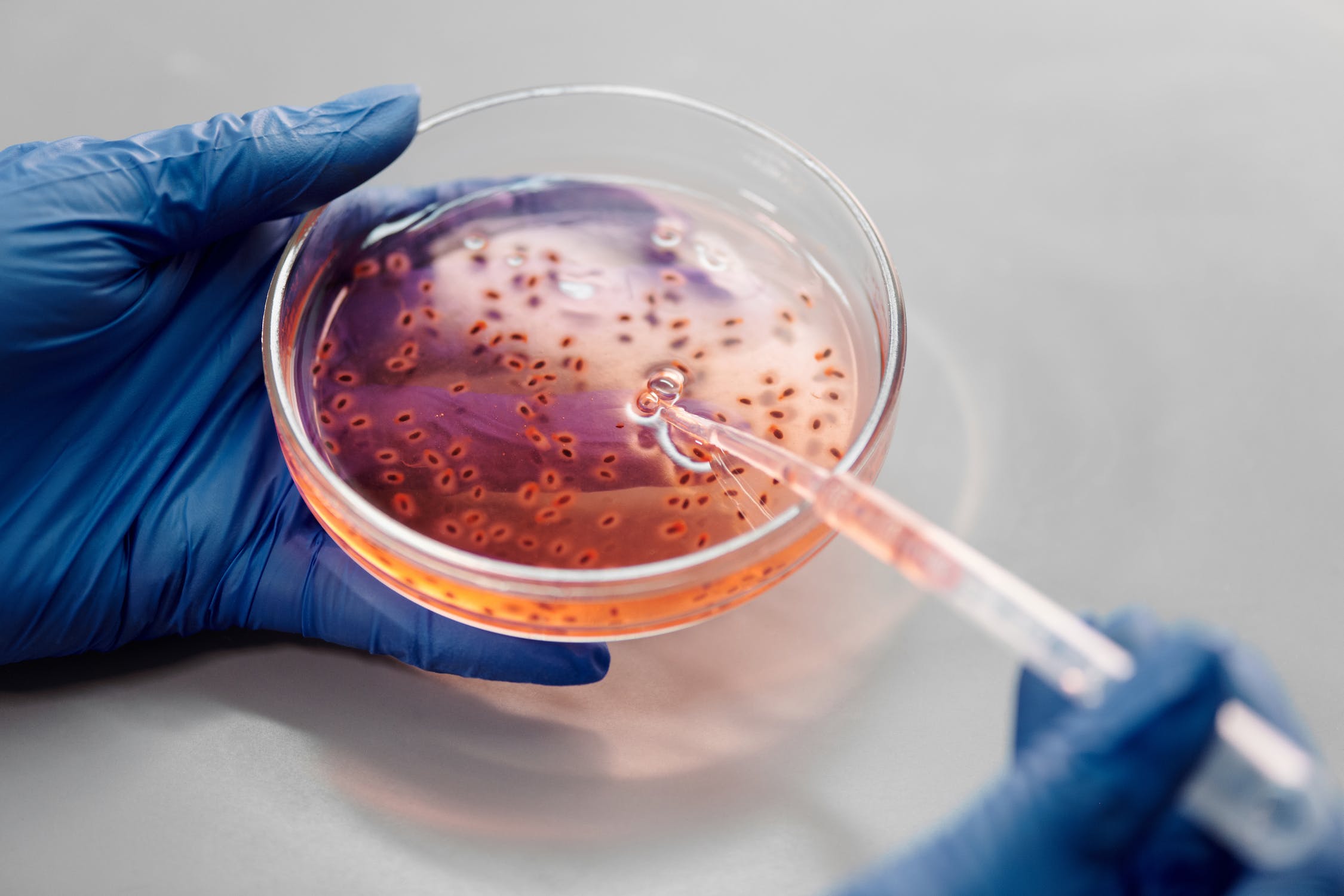As air pollution rises over time across the planet, observable levels of antibiotic resistance do too.
Antibiotic resistance is an increasingly significant global health hazard as disease-causing pathogens are becoming more tolerant to the current range of antibiotics. The main causes of this include the overprescribing and misusing antibiotics, which allows microbes to evolve resistance to them.
Now scientists are saying that there is another cause we will need to consider behind the growing rate of antibiotic resistance: air pollution.
In their model the reserachers examined levels of minute airborne pollutants and the rates of antibiotic resistance in 166 countries. The scientists have found a correlation between high levels of PM2.5 air pollution and high levels of antibiotic resistance.
Worse still: as air pollution rises over time, observable levels of antibiotic resistance do too.
This is very concerning as air pollution already takes millions of lives each year as it causes and worsens a whole host of medical conditions from cardiac arrests and strokes to Alzheimer’s disease. Even low levels of it can cause large numbers of deaths. Air pollution can even harm unborn children.
At the same time, antibiotic resistance kills further millions.
“Antibiotic resistance is an increasing global issue, causing millions of deaths worldwide every year. Particulate matter (PM2.5) has diverse elements of antibiotic resistance that increase its spread after inhalation,” the scientists explain in their study.
Air pollution appears to be making bacteria more resistant to medications while also making them more virulent, the researchers say. A reason they posit is that PM2.5 pollution may alter genes within bacteria, thereby making them resistant to current antibiotics.
The scientists predict that as a result of this trend the rate of antibiotic resistance globally will rise by 17% by mid-century, causing another 840,000 deaths every year.
“Antibiotic resistance and air pollution are each in their own right among the greatest threats to global health,” says Hong Chen, a system dynamics and control engineering expert at Zhejiang University in China.
“Until now, we didn’t have a clear picture of the possible links between the two, but this work suggests the benefits of controlling air pollution could be twofold: Not only will it reduce the harmful effects of poor air quality, it could also play a major role in combating the rise and spread of antibiotic-resistant bacteria,” Chen explains.
Other scientists caution that the correlation may not be a sign of causation. Yet reducing air pollution will save lives worldwide regardless of whether it worsens antibiotic resistance or not.
This story first appeared on Sustainability Times
Photo: Pexels/Edward Jenner
© 2023 Sustainability Times.
This article is licensed under a Creative Commons Attribution-ShareAlike 4.0 SA International License.











